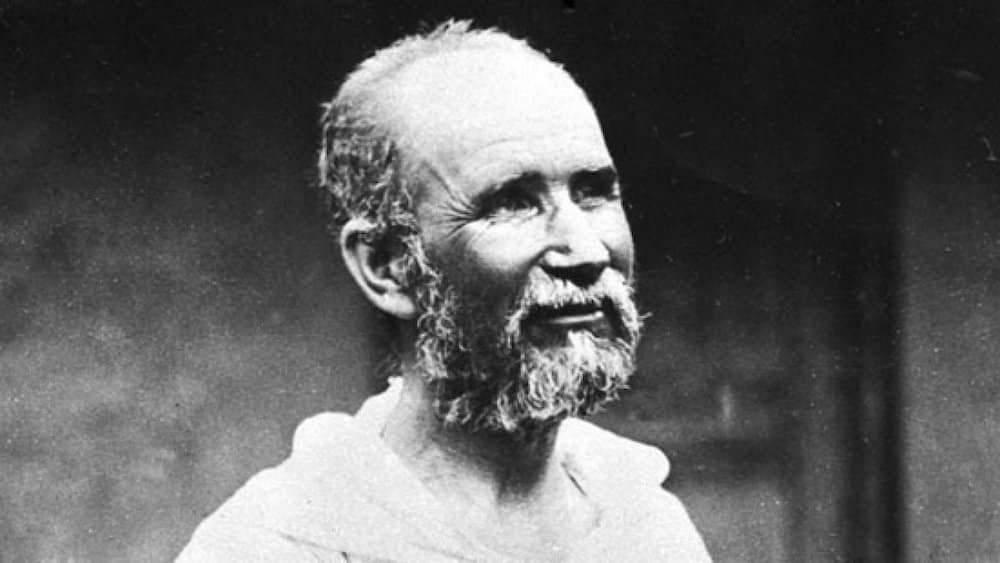A new year brings talk of fresh starts, improved routines … and statistics on the failure rate of New Year’s resolutions. Forming new habits isn’t easy. Meal plans and exercise gear can seem doomed before they’re put to use. Variations on an oft-repeated adage come to mind: “It’s not about how many times you fall, but about how many times you get back up” or, “if at first you don’t succeed, try, try again.”
Such advice is doled out in myriad situations, from athletic competitions and academic pursuits to stagnant careers and addictions. But in all these cases, pure perseverance isn’t always enough to achieve a goal.
‘Now I begin’
Venerable Bruno Lanteri (1759-1830) founded the Oblates of the Virgin Mary, a group of priests and brothers whose ministries of spiritual direction, retreats and publishing aim toward a contemporary rebirth of spirituality. Father Lanteri could easily have experienced discouragement in his vocation to the priesthood. He served during the French Revolution and Napoleon Bonaparte’s invasion of northern Italy. In fact, Napoleon ordered Father Lanteri to be placed under house arrest for three years.
And yet, Father Lanteri is known for the popular phrase “nunc coepi,” or “now I begin,” an abbreviation of the longer statement, “If I should fall a thousand times a day, a thousand times a day I will begin again, with new awareness of my weakness, promising God, with a peaceful heart, to amend my life.”
More than another iteration of motivation to persevere, Father Lanteri’s declaration claims God’s mercy, rather than his own efforts, as its foundation. He announced God’s mercy in everything he did — in his writing, preaching, administering the sacraments (especially reconciliation) and distributing Catholic books. Even as many of his contemporaries fell into the heresy of Jansenism, which said that God’s grace was only intended for some and that free will was immaterial to receiving grace, Father Lanteri lived and preached the cooperation of free will and grace.
The ground of hope
His ministry survives 200 years later because it was marked by hope, a hope that grew out of humility. Perseverance rests on mature hope, which does not simply await the thing it desires and resolve to be at peace only if things go according to plan, nor does it thrive on positive thinking and powering through adversity. Rather, mature hope is grounded in meekness before the Lord, in leaning on God and his Word.
Like Father Lanteri, we can look to the wisdom of the Church and the example of Mary as guides to holiness. With this perspective, perseverance becomes less about what we can do as human beings and more about who we are as children of God.
As his children, we can be free to release the grip we think we have on our lives and hand our struggles to the Lord without fear of failure. If at first we don’t succeed, we ought to let go, pray with confidence, and then try again.







